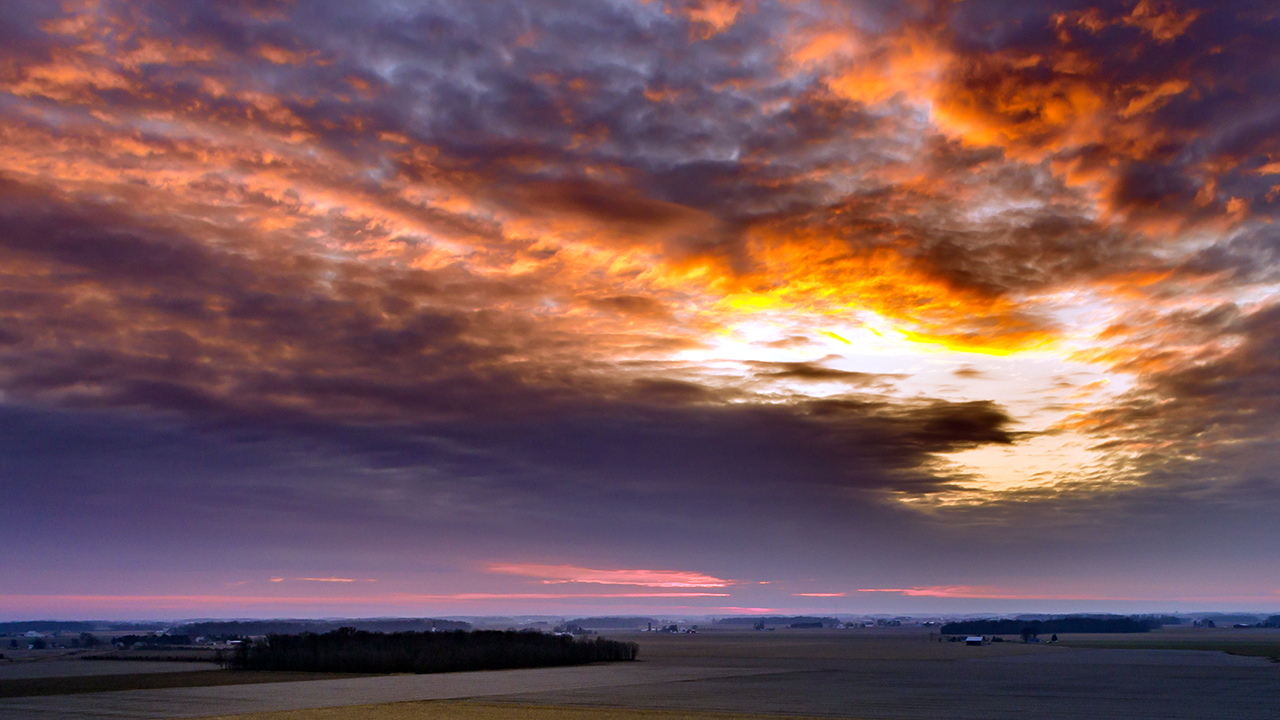
How many Jews are there in the United States?
The number of Jews in the U.S. depends on how one defines a Jew.
The number of Jews in the U.S. depends on how one defines a Jew.
Alan Cooperman, deputy director of the Pew Research Center’s Religion & Public Life Project, presented an overview of the findings of the Pew Research survey of U.S. Jews at an Oct. 1 event in New York City, hosted by the Neubauer Family Foundation and The Pew Charitable Trusts. To see more videos by the Pew […]
Most American Jews say being Jewish is primarily a matter of ancestry and culture, not religious practice.
American Jews overwhelmingly say they are proud to be Jewish and have a strong sense of belonging to the Jewish people, but their identity is also changing: 22% of American Jews now say they have no religion.
A major new Pew Research Center survey illuminates the many different ways in which Americans may self-identify as Jewish or partially Jewish. The survey provides a sense of how the size of the population varies depending on one’s definition of who is a Jew. Use the checkboxes below to calculate the size of the U.S. […]
The Global Religious Futures (GRF) project is jointly funded by The Pew Charitable Trusts and The John Templeton Foundation. Here are some big-picture findings from the GRF, together with context from other Pew Research Center studies.
Indians see religious tolerance as a central part of who they are as a nation. Across the major religious groups, most people say it is very important to respect all religions to be “truly Indian.”
Today, most Black adults say they rely on prayer to help make major decisions, and view opposing racism as essential to their religious faith.
The Christian share of the U.S. population is declining, while the share of Americans who do not identify with any organized religion is growing. These changes affect all regions in the country and many demographic groups.






